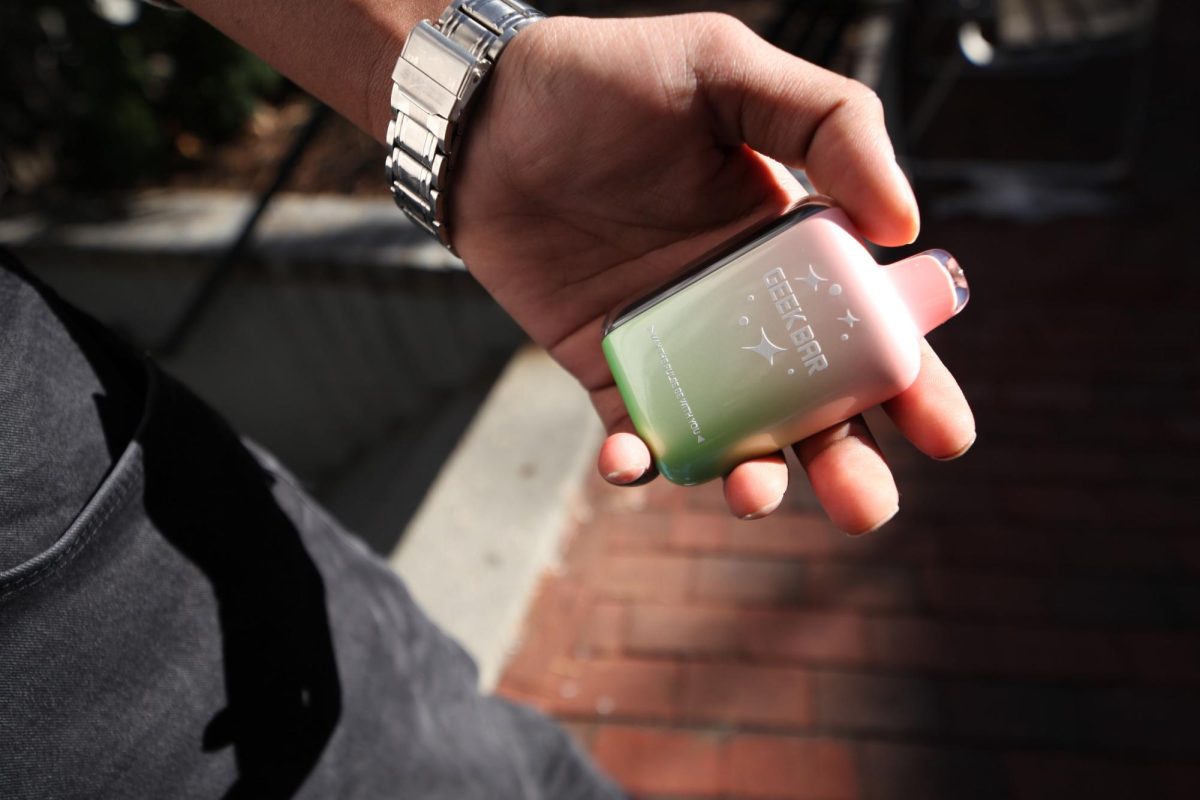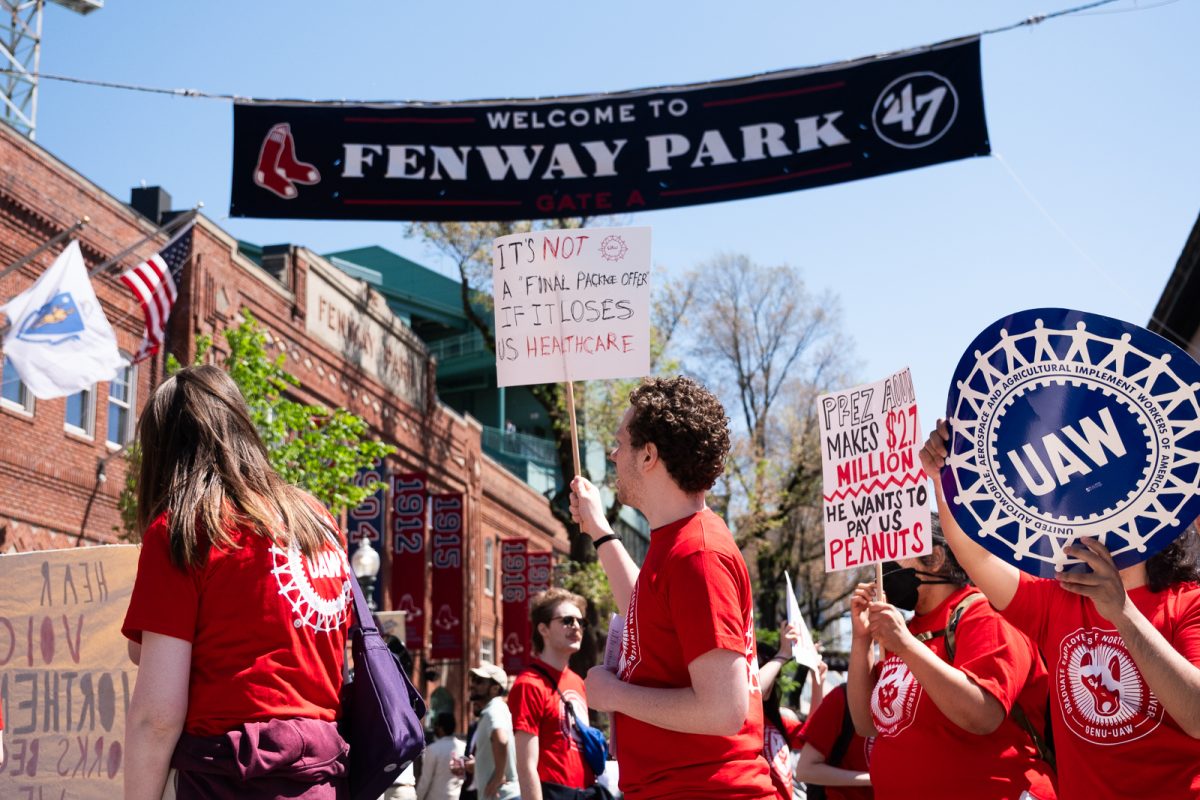It was for someone’s grandmother. It was for someone’s brother or sister or friend. It was for my father.
I have participated in walks for breast cancer, multiple sclerosis, and the March of Dimes, hoping that my donation of a few dollars and my time in some way benefited the cause. But last Sunday’s walk and run for for multiple myeloma at the Charles River Esplanade touched a special place in my heart. Multiple myeloma is the second most common blood cancer. It is not curable, but treatable as most cancers are. The latest advancements in medicine have made a profound impact on treating this disease, but more research and money is needed to find a real cure.
At press time ,last Sunday’s event raised close to $150,000 according to Shelley Christie, the development coordinator for the event. An expected 700 runners turned out to be 1,000 participants who walked or ran in the early morning to help the cause. Christie said that this was the foundation’s sixth race in the country and that Boston, so far, had the highest participation.
Without research and funding many people would not have had the health care they needed and deserved. Without the runners on Sunday, the first annual Multiple Myeloma Race would not have succeeded in bringing in this much money. About $80,000 of that money was raised by people who were able to get sponsorship for their run. Millennium Pharmaceuticals, which co-sponsored the event, donated about $20,000 and the rest came from runners and walkers who decided a simple 5K course would be their way to help find a cure for this disease.
“A lot of people were there because they were personally affected,” Christie said.
That is why I was there. When my father was diagnosed with multiple myeloma six months ago, the words were foreign to my family and me. In shock, I was unable to comprehend the news. How? Why? The words cancer and chemotherapy have never easily rolled off my tongue. “He’s too young, “I thought. No, he isn’t, I later learned. It can happen to anyone, at any age.
Not just this cancer, any form of it.
His treatments are almost over and a stem cell transplant, a breakthrough in medicine, is in a few weeks at City of Hope, a biomedical research center in California.
Christie said as soon as the money is raised from the races, it is quickly distributed to the researchers, like the ones at City of Hope, to continue fighting for a cure.
My father is a survivor who lives everyday with a positive attitude that can sometimes be overshadowed by mood swings for obvious reasons. It hasn’t been easy. But I don’t mind. Far from home, I was unable to see him throughout most of his treatments, but the month I did spend at home, I was able to see how the disease had changed not only his life, but my mother’s and my own. I was taking care of my parents, the roles were reversed and I accepted the role graciously. He was impatient and annoyed of minor inconveniences, like my car parking abilities, or my tendency to be too sarcastic for my own good. Other times, this only daughter could get away with anything, not anymore. Be patient, I would remind myself and my mother. Then there were the good days, when all he wanted was a big hug and could not stop talking.
When I returned back to school, our regular phone conversations were cut short during his treatments. The first few days of chemo were difficult for him. He was tired, upset, and sleepy. It was difficult for me as well. I couldn’t discuss current events or share my exciting news or hear how his day went until a few days after he felt better. I missed that, those few days. That wasn’t normal to me.
Now, he laughs more and is more intuitive. Throughout it all, my father’s positive attitude and religious faith has kept him going.
He is a cheerleader in the doctor’s office, upbeat, encouraging his fellow survivors that everything will be o.k. His doctor, a Polish-American, reminded me of the crazy doctor Robin Williams played in the comedy “Nine Months.” Dr. Obara may crack a few jokes but he knows his stuff. My father would not have been able to overcome the disease as well as he has without him.
Initially, this was a taboo topic for me to discuss. Only close friends and family knew that my father has the infamous “c-word.” It may seem like a personal subject to discuss here, but now, I have realized the “c-word” is too common for many us with loved ones who may be suffering from cancer.
The walk and race for cancer this past weekend proves that we can not expect a cure to magically appear out of nowhere. We have to take a pro-active approach to helping the medical experts acquire the resources they need for further research.
I’m tired of hearing excuses that we don’t have the power to make change or make a difference. It is time to get our laces tied so that we can reach the finish line.
Pick something important to you and see where you can go with it. Whether it’s running for a good cause, or donating your time at a shelter, or teaching kids how to read, it is your turn now.
The Walk for Hunger is on May 4, the Avon Breast Cancer walk is on May 2 and 3, and the AIDS 5K run is on June 1. For more information on these and other races around the country, visit www.active.com
– Comments for Afsha Bawany can be sent to comments@nu-news.com.








